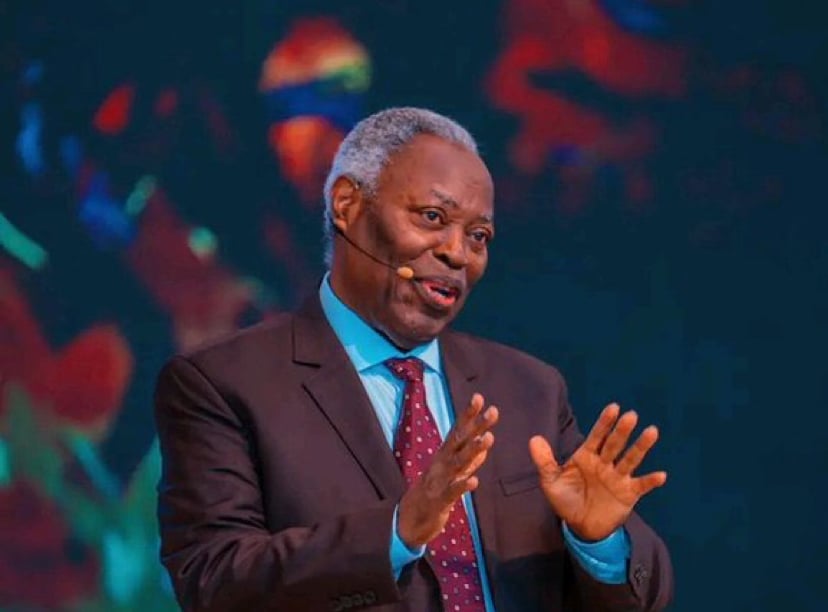Turkiye Keen To Strengthen High-Tech, Industry Ties With Qatar: Minister
(MENAFN- The Peninsula) QNA
Doha, Qatar: Turkish Minister of Industry and Technology H E Mehmet Fatih Kacır has described the Qatari-Turkish partnership as integrated and multidimensional.
In an interview with Al Sharq newspaper - being simultaneously published by The Peninsula newspaper - during its tour of Istanbul and Ankara, he emphasised Turkiye's keenness to strengthen relations with Qatar, especially in the industrial sector and investments in vital sectors that are important to global supply chains.
The Minister highlighted the regional industrial alliance that brings together Qatar and Turkiye to implement joint investments in the region.
He also praised the cooperation between the Ministry of Industry and Technology and Hamad Bin Khalifa University, noting that both sides are working on a joint project in the field of semiconductors.
In addition, there are programmes and initiatives aimed at building bridges between artificial intelligence developers in both countries. He stressed Turkiye's commitment to accelerating high-tech cooperation with Qatar in the coming phase.
The Minister pointed to the significant leap made by Turkiye's industrial sector during the tenure of the Justice and Development Party, particularly in the defence industry.
Turkiye entered this field out of necessity to achieve self-sufficiency and has since become a global leader in defence manufacturing. Turkish drones now account for 68% of the global market, and Turkiye's defence exports have increased thirty-fold, reaching $7bn.
Kacır also highlighted the factors that make Turkiye an unparalleled investment platform, most notably its unique geographic location, advanced logistical capabilities, and customs union and free trade agreements that provide access to nearly one billion people.
Additionally, Turkiye has a young and well-qualified population, with an average age of 34.
The interview was conducted at the Ministry of Industry and Technology headquarters located at Istanbul's Atatürk Airport, where the ministry is implementing a plan to transform the airport's passenger terminals into a“technopark.” This park, established under the umbrella of the“Information and Technology Valley,” will operate under the name“Terminal Istanbul” and is set to become the world's largest technological entrepreneurship centre.
Thousands of startups are expected to emerge in this modern zone as part of a broader plan to transform Istanbul into a global hub for entrepreneurship.
The Minister said that Qatar is a strong friend of Turkiye, and we are enhancing our relations in an integrated and multidimensional manner.“Qatar and Turkiye are partners in a regional industrial alliance to implement joint investments. There is Qatari-Turkish cooperation in vital sectors essential to global supply chains. We are working with Hamad Bin Khalifa University on a joint project in the field of semiconductors,” said Kacır.
He said there are programmes and initiatives building bridges between artificial intelligence developers in both countries.
“We aim to accelerate high-tech cooperation in the upcoming phase. The value of industrial product exports has reached $240bn. The fields of industry and technology have created a“New Turkiye” in the global trade landscape. These factors make Turkiye an unmatched investment platform,” said Kacır.
The Minister said that there are 60,000 factories in Turkiye today, up from 11,000 before the Justice and Development Party came to power. The number of workers in the industrial sector has increased from 3.9 million to 6.7 million.
“Turkiye is a key player in European and global production chains across major industries. We have doubled our share of global exports to 1.1%. These are the secrets behind Turkish drones capturing 68% of the global market. Turkiye is the largest country after China with an exceptional capacity for direct exports to the highest number of countries,” said Kacır.
He added:“We entered the defence industry out of necessity, achieved self-sufficiency, and excelled in exports. Our defence exports rose 30-fold, reaching $7bn. We succeeded in developing Turkish drones with technologies that outperformed their global counterparts.” The Minister said that 50 countries rely on Turkish drones to secure their borders. He said that annual spending on research and development has increased from $1bn to $16bn, and the number of researchers grew from 29,000 to 292,000.“We now register 10,000 patents annually, and the number of technoparks has increased from 2 to 105.” He said that Turkish drones are in global demand for counter-terrorism, firefighting, combating illegal migration, and pipeline protection.
“An integrated system has enabled Turkiye to make technological leaps. There are now 50,000 internationally recognised scientific publications, up from 9,000 before the Justice and Development Party took office,” said Kacır.









